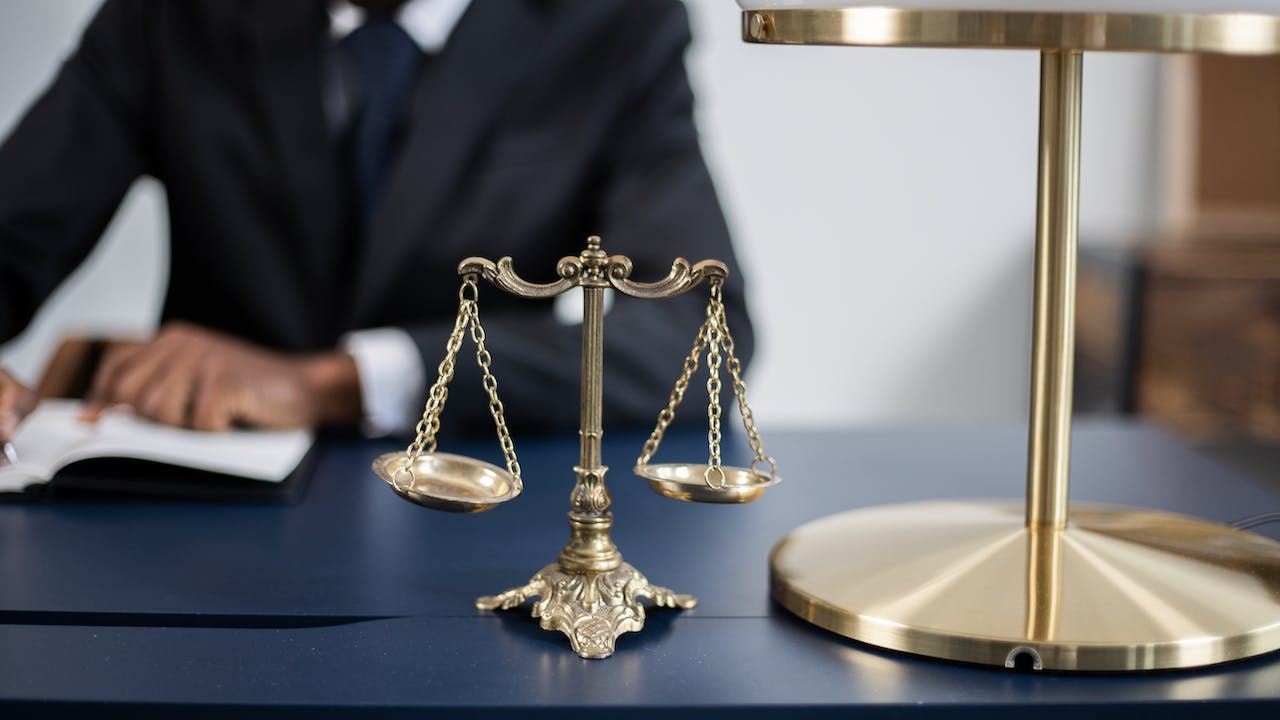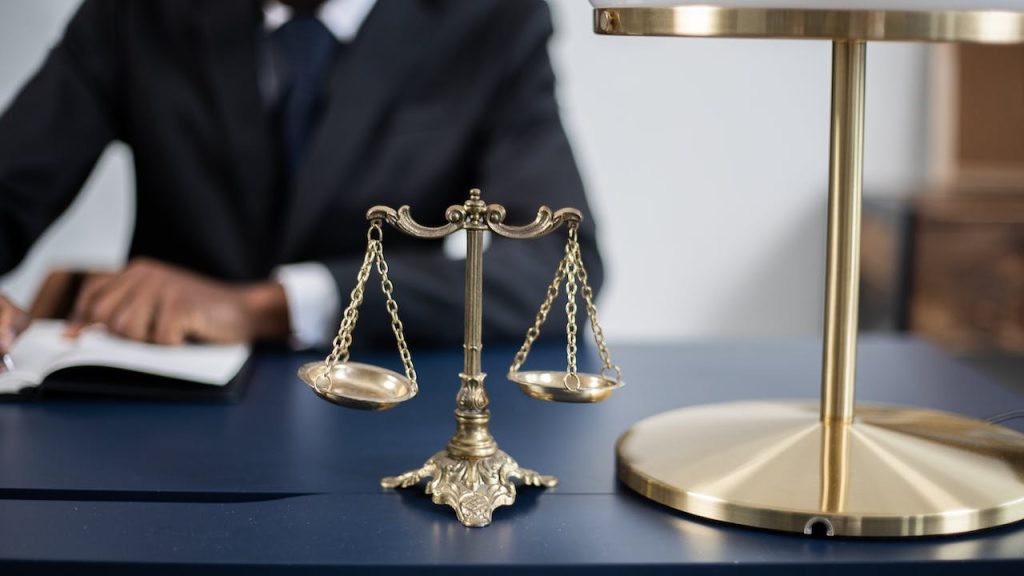What Attorney Do?


Legal representation can be essential when facing traffic tickets, divorce proceedings or criminal charges. Attorneys serve many functions that often require technical expertise – these professionals will do what it takes to provide a solution for their clients.
Civil lawyers (sometimes referred to as litigators) specialize in non-criminal issues like family matters, property disputes and employment problems. Defense attorneys build cases with the intention of clearing their client of all charges or lessening punishment as quickly as possible.
Legal Advice
Legal advice refers to legal counsel provided by lawyers concerning legal matters that affect clients’ rights. It’s an invaluable service that requires in-depth knowledge of both law and individual circumstances.
Attorneys provide advice and counsel to clients by outlining the strengths and weaknesses of their cases, offering advice about settlement or litigation as necessary.
When evaluating attorneys, look for one who responds quickly and clearly to your inquiries. Be wary of attorneys who make you wait or appear disengaged during meetings; additionally, assess how she runs her practice by setting reasonable office hours and communicating clearly with clients; having an impressive work ethic is key for a successful legal professional, especially during complex cases.
Drafting Documents
Drafting legal documents is a vital aspect of lawyer practice. These foundational documents set the framework for legal relationships, transactions and proceedings and must be accurate, clear and compliant with applicable laws.
Lawyers utilize precedent documents as guides when creating legal documents, using templates with useful background, commentary, jurisdictional pointers and alternative provisions as models to follow during their drafting processes. Furthermore, lawyers possess analytical abilities that enable them to detect any potential issues during this process and ensure their document meets all necessary legal standards.
Legal drafting involves understanding your audience and choosing language that can easily be understood. Furthermore, maintaining a consistent tone throughout is crucial; furthermore, documents should be concise and organized to best represent them.
Negotiating
Attorneys must negotiate in order to settle cases, obtain evidence for trial or other legal proceedings, and resolve disputes. When this becomes emotional or heated, attorneys often use various negotiating tactics – from using “cooling-off periods” as a calming force; or consulting neutral mediators as part of settlement efforts – in order to establish peace between opposing sides and help bring settlement closer.
Successful attorneys as negotiators possess the skills required to build rapport and relationships, make a good first impression and ask probing questions that get opponents to reveal their bargaining reputations, fundamental goals needs and interests. Furthermore, these negotiations experts know how to be assertive without making their opponent feel threatened or defeated; these abilities are typically taught through training seminars. Practicing attorneys may develop their own negotiating style suited to specific clients and situations.
Trial Preparation
Though many cases never reach trial, those that do require extensive preparation. This may involve creating a road map and trial book for their case, assigning tasks among team members, and anticipating counter moves by opposing counsel.
Crafting an effective narrative is essential to trial preparation, as judges and juries are more likely to accept an attorney’s case when their story seems plausible, credible and memorable.
Identification and interview of witnesses are part of trial preparation. This may require reviewing deposition transcripts or taped statements as well as creating questions for each witness to answer under oath during the trial itself. Furthermore, organizing and assessing evidence as part of this preparation includes filing motions in limine to request certain types of material be admitted into evidence by the court.
Courtroom Experience
The experiences and roles played by attorneys in court vary based on case type and role in courtroom situations. A prosecutor or public defender would perceive a different experience than one representing a criminal defendant. Furthermore, attorneys work at various levels of government including local, state and federal levels as administrative, executive or legislative staff members.
An associate looking to gain courtroom experience should do pro bono work and actively seek opportunities. Many MoloLamken associates have obtained their first major courtroom experience by arguing pro bono cases before successfully applying them when representing paying clients in court; their knowledge from this experience enables them to make more informed decisions when negotiating settlements.

